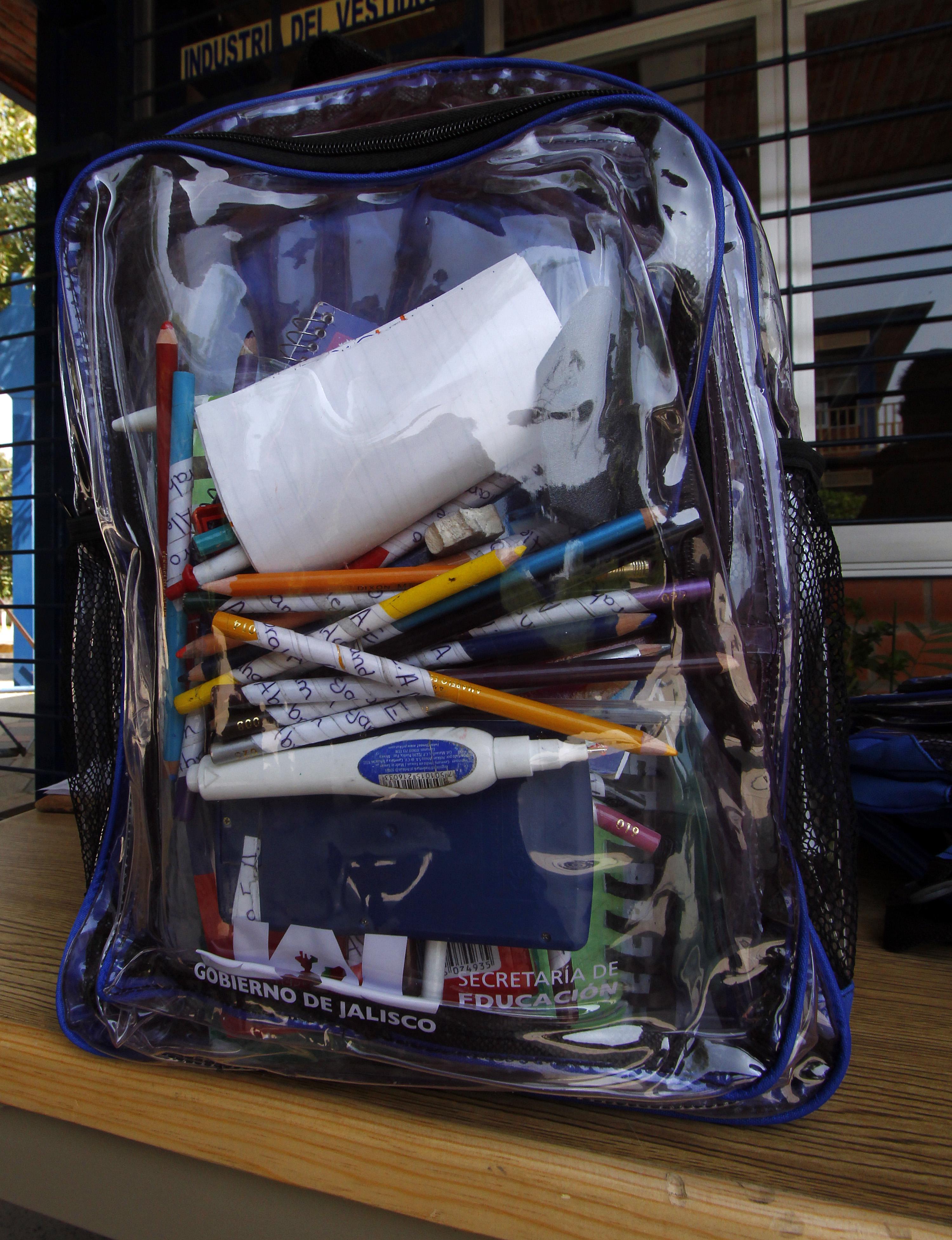The New York Times magazine recently published a long article about The Avenues, the brand new for-profit New York City school that costs $43,000 a year. The piece has juicy eat-the-rich tidbits in it like parents sending a seven-page email after the first week of school complaining about things like “not enough ‘worldly’ snacks like seaweed, zucchini bread with quinoa flour and bean quesadillas.” Kindergarteners all get iPads and 9-to-1 student-to-teacher ratios. With all these privileges—and with most of the students undoubtedly enjoying privileges at home (Suri Cruise is a pupil)—the school purports to be teaching their students humility. Being humble is even in the school’s mission statement. Is it possible for an expensive private school to follow through with this mission?
There doesn’t seem to be research on this very specific question, but I asked Paul Tough, the author of How Children Succeed: Grit, Curiosity, and the Hidden Power of Character, for his take. “The Avenues story struck me the way it struck a lot of commenters on the Times’ website: spending a ton of money on your kids and giving them every advantage you can find is unlikely to make them humble,” Tough writes in an email. He continues:
“It’s hard to make kids humble by simply telling them to be humble. Generally what makes people humble is humbling experiences—failing, being humiliated, doing menial labor, serving others, understanding your inferiority to others—and it seems unlikely that Avenues is going to provide many of those.”
Ron Lieber, the New York Times money columnist who is working on a book, The Opposite of Spoiled, about how to teach children about finances, is more optimistic. He sees the potential for humility in these privileged kids. “There are all sorts of really rich kids who are lovely human beings,” Lieber says. “They have a sense of context about how lucky they are, how to move through the world, they’re not offensive to other people, and they understand that with that kind of privilege comes immense responsibility.” For the parents of such children, Lieber advocates always being honest about your well-off circumstances in age-appropriate terms.
But if the parents aren’t giving those kids positive messages about humility at home, it’s hard to imagine that a school festooned with genuine Chuck Close paintings is relaying the right messages about failure and sometimes being inferior to others. There are many things that students at the Avenue can be taught, but grit probably isn’t one of them.
